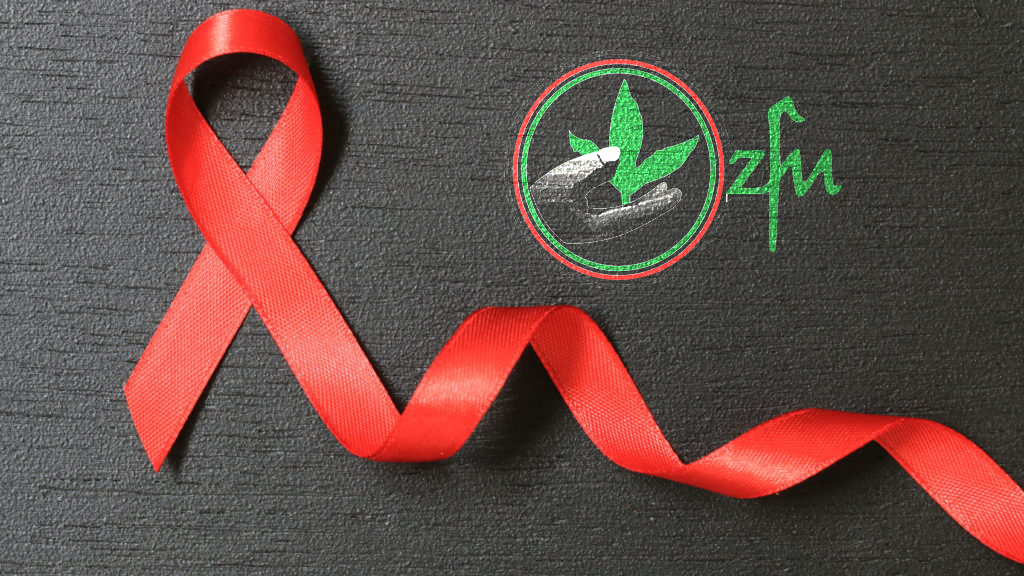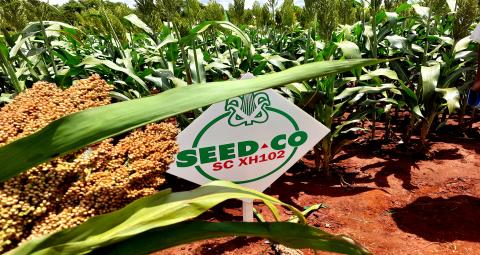
By Tadiwanashe Grand
Africa is facing a serious challenge of food insecurity, exacerbated by the devastating effects of the HIV/AIDS pandemic. According to the Food and Agriculture Organization (FAO), HIV/AIDS is having a major impact on nutrition, food security, agricultural production, and rural societies throughout the continent. With that Zimbabwe Farmers’ Union has made HIV and AIDS one of its main pillars All dimensions of food security availability, stability, access to, and utilisation of food are affected where the prevalence of HIV/AIDS is high, posing a threat to whole nations.
One of the most visible impacts of HIV/AIDS on agriculture is the loss of labour force. The pandemic has claimed the lives of over 20 million people in Sub-Saharan Africa (SSA), where the majority of the people live in rural areas and more than 80% are dependent on agriculture for their livelihood. Many of those who die are young and productive adults, leaving behind orphans and elderly dependents. The loss of labour reduces the area under cultivation, the crop yields, the livestock production, and the income from agricultural activities. It also affects the quality and diversity of food, as households tend to shift to less labour-intensive and less nutritious crops.
Another impact of HIV/AIDS on agriculture is the loss of knowledge and skills. The pandemic erodes the intergenerational transfer of agricultural knowledge and practices, as many parents die before they can pass on their expertise to their children. It also reduces the opportunities for formal and informal education and training, as many children drop out of school to care for sick relatives or to work on the farm. The loss of knowledge and skills undermines the capacity of farmers to cope with environmental challenges, such as droughts, pests and diseases, and to adopt new technologies and innovations.
A third impact of HIV/AIDS on agriculture is the loss of assets and savings. The pandemic imposes a heavy economic burden on affected households, as they have to spend more on health care, funeral expenses, and social obligations. To cope with these expenses, many households sell their productive assets, such as land, livestock, and tools, or consume their savings, such as seeds and food stocks. This reduces their ability to invest in agriculture and to recover from shocks and stresses.
To address these impacts, ZFU has been working with its partners to develop and implement policies and programs that integrate HIV/AIDS into agricultural development. HIV and AIDS Mainstreaming is one of the pillers of Zimbabwe Farmers’ Union Some of the key strategies include:
- Promoting labour-saving technologies and practices that reduce drudgery and increase efficiency;
- Supporting home-based care and community-based organisations that provide services and support to affected households;
- Enhancing food security and nutrition through diversification, preservation and fortification of food;
- Strengthening farmer field schools and other extension approaches that facilitate learning and sharing among farmers;
- Protecting and enhancing the rights and access of women, youth and vulnerable groups to land, credit and other productive resources;
- Advocating for increased political commitment and resource allocation for HIV/AIDS mainstreaming in agriculture.
By integrating HIV/AIDS into agricultural development, FAO aims to improve the livelihoods and resilience of affected households and communities, and to contribute to the global efforts to end AIDS by 2030.




